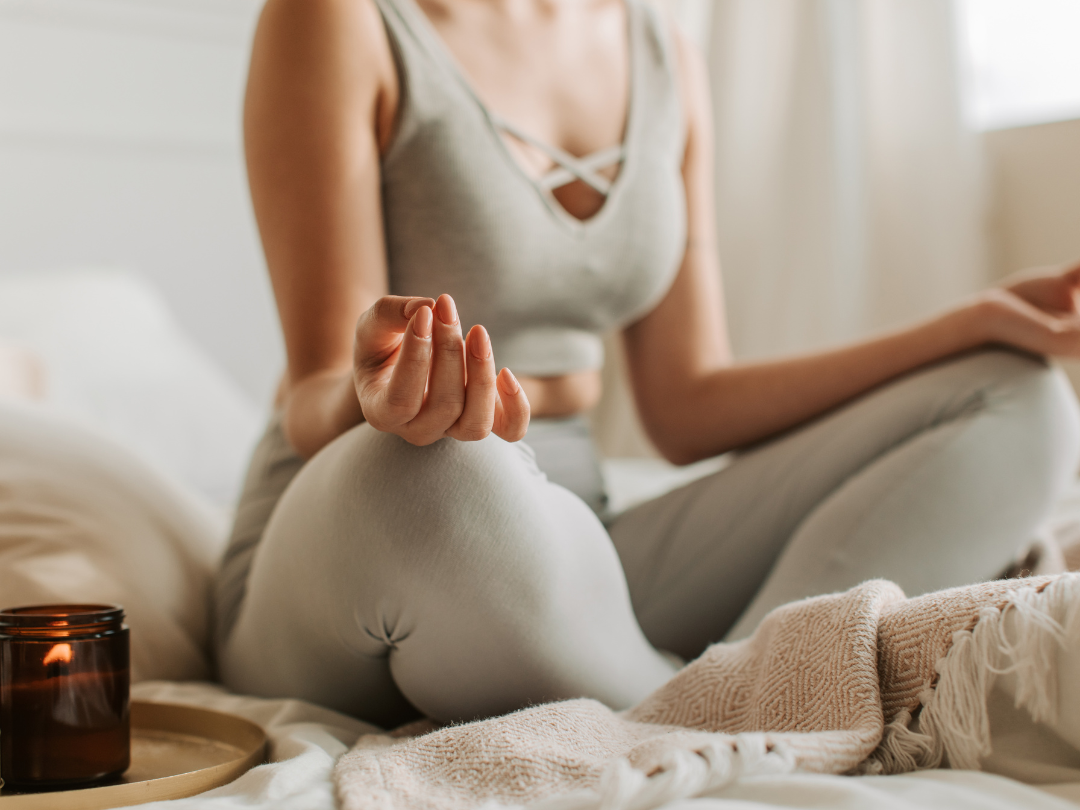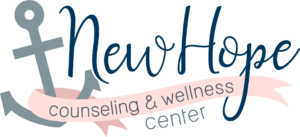Self-care has become somewhat of a buzzword. The extensive lists on social media of exotic teas and oils have created a sense that self-care has to be done in a specific way. Self-care should not be complicated. When we think of self-care for well-being, it will be very individualized for each person and this will even vary based on what we need on a particular day and season of life. Self-care needs to be realistic, accessible, affordable, stress-relieving, and fit into our schedules. Self-care is an important part of well-being and the recovery process.
What is self-care?
Let’s start with what self-care is not.
Self-care doesn’t have to be complicated or expensive– it doesn’t necessarily mean a flashy new haircut or gel-manicured nails. If these work for some, that is okay! Self-care can be reading a book, taking quiet time, or simply taking care of yourself with the resources you have at the time.
Self-care is all about tending to your physical, mental, and spiritual needs. Knowing how to contribute to your own health and wellness is a superpower, after all.
Why is self-care important?
Self-care is important because not only does it keep us physically healthy, but learning self-care habits can help us manage stressors and protect our mental health. Many times self-care habits appear to be surface-level, but the real work can be found much deeper. Self-care is equally valuable for the spiritual reflections and revelations it can provide.
How to establish self-care habits for total well-being
Research shows that practicing self-care provides more positive health outcomes, including a certain resilience to illness, stressors, anxiety, depression, and symptoms of PTSD and trauma. Establishing a self-care routine can even help you live a longer life. By incorporating physical, mental, and spiritual elements into your self-care routine dynamic, you can find hope and meet the best version of yourself. Here’s how to establish self-care habits in your daily life:
Create a nurturing environment
Your physical environment can have a huge impact on how you feel– and how you heal. For those individuals who have experienced trauma, not having control over their environment can leave them vulnerable to triggers and unpleasant PTSD symptoms. If self-care is to be accessible, it’s important that you’re capable of creating a nurturing environment for recovery, wherever you may find yourself.
- Do away with overhead lighting, which can be harsh. Rely instead on soft, ambient lighting.
- Add an element that sparks delight, whether that be a tapestry in your favorite color, an interesting art piece, a favorite photograph, or a candle with a familiar and comforting scent.
- Protect your personal space by first clearly defining your boundaries to yourself, and then communicating them to people as needed.
- Try listening to binaural music with headphones to promote relaxation and reduce anxiety.
Cultivate a resilient mindset
How’s your mindset? The way that you view yourself can impact your ability to enact change in your life. Your mindset plays a pretty big role in your capacity for healing and overcoming adversity. Healing from trauma doesn’t happen accidentally, and you’ll need to cultivate a positive and resilient mindset to keep you focused on your end goal.
- Prepare a coping toolbox of positive affirmations, mantras, and items that enable relaxation. Coping boxes may have a journal, affirmation cards, or a fidget toy. Be creative! When you’re compelled to criticize yourself or find yourself reacting to a trigger, redirect your energy into empowering affirmations that reinforce your value and capability.
- Practice being nice to yourself! It’s free, but it’s not so easy. Replace your negative self-criticism with a reminder of how far you’ve come. Pull out that journal and write that negative thought and beside it write the positive thought. Over time, you will rewire the neuroplasticity in your brain (or change your thinking).
- Explore trauma-informed therapy methods with trauma specialists like cognitive processing therapy (CPT) or somatic experiencing to address those emotional blocks and create new neural pathways.
Connect with your inner spirituality
Spirituality can be a powerful resource for healing and recovery, but it’s not the kind you necessarily find in a church. It can help to think of your spirituality as more of an inner strength that you can draw from rather than a higher being that you need to find.
- Engage in your creative side. Connect to your spirituality through painting, singing, writing, journaling, crocheting, DIY projects, dancing, or organizing.
- Explore the concepts of mindfulness, intention, and forgiveness with spiritual practices like meditation, yoga, or prayer. Yoga is a great way to assess your spiritual health while connecting to your body and mind at the same time.
- Check-in with yourself. How are you feeling? Your needs for growth will change over time, so take a minute to think about what will bring you true rest and relaxation.
Choose movement or play
When praying is not on the menu, you can always choose to play! While it might seem that staying active allows you to overlook the problem, you can always rely on physical movement to reveal nagging fears, compulsions, and insecurities.
- Choose gentle and grounding activities like tai chi, walking, yoga, or mobility exercises. Opt for a movement that encourages relaxation, self-awareness, and a sense of autonomy and safety. Consider movement that brings engagement with others. Pickleball is the new craze, right?
- Reconnect with your body with grounding techniques like deep breathing or sensory tricks to redirect your mind from distressing memories or intrusive thoughts.
- Foster feelings of community and belonging by joining a pick-up game or joining a neighborhood sports team.
- Cleaning your teeth can do wonders for clearing your mind! Repetitive actions like brushing or flossing your teeth can ease your mind into autopilot and work like a meditation exercise, so stacking good hygiene habits is especially beneficial.
Concentrate on gut health and nutrition
Good nutrition feeds your mind, body, and spirit and is a vital ingredient in effective self-care. Did you know that your gut health has a direct connection to your mental health? It’s true that you should listen to your gut, in more ways than one!
- Practice intuitive eating. By learning to listen to your body’s hunger and fullness cues, you set up a healthy framework to honor your individual nutritional needs.
- Prioritize using nourishing whole foods to heal your body. Focus on vegetables, fruits, lean proteins, and healthy fats. Find a fiber source that you love and get creative.
- Reject diet culture and finally do away with those quick weight loss tips– they never worked anyway! Allow yourself to love your body, food, and feeling good.
Find hope for healing with trauma-informed care in Columbia, SC
At New Hope Counseling and Wellness, our registered dietitians and licensed therapists recognize the importance of self-care to the healing process. Where self-care fails, therapy prevails! It’s a great idea to contribute to your total well-being with self-care habits that work for you. But what happens when self-care becomes more draining than restorative?
If you are suffering from PTSD triggers and trauma symptoms, a nurturing environment and resilient mindset can only take you so far. Talking to a trauma-informed therapist can help you evaluate your needs and find hope for healing. Contact us to schedule an in-person or virtual appointment and join the supportive community at New Hope today.








